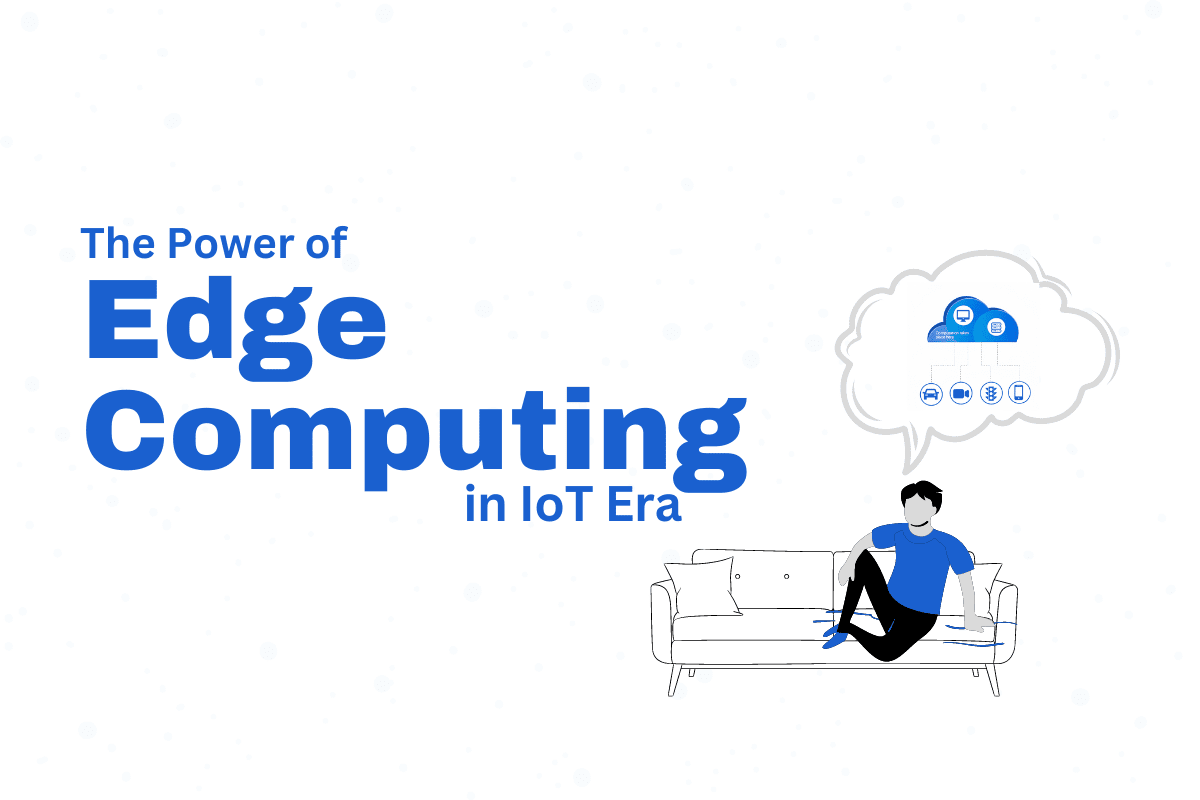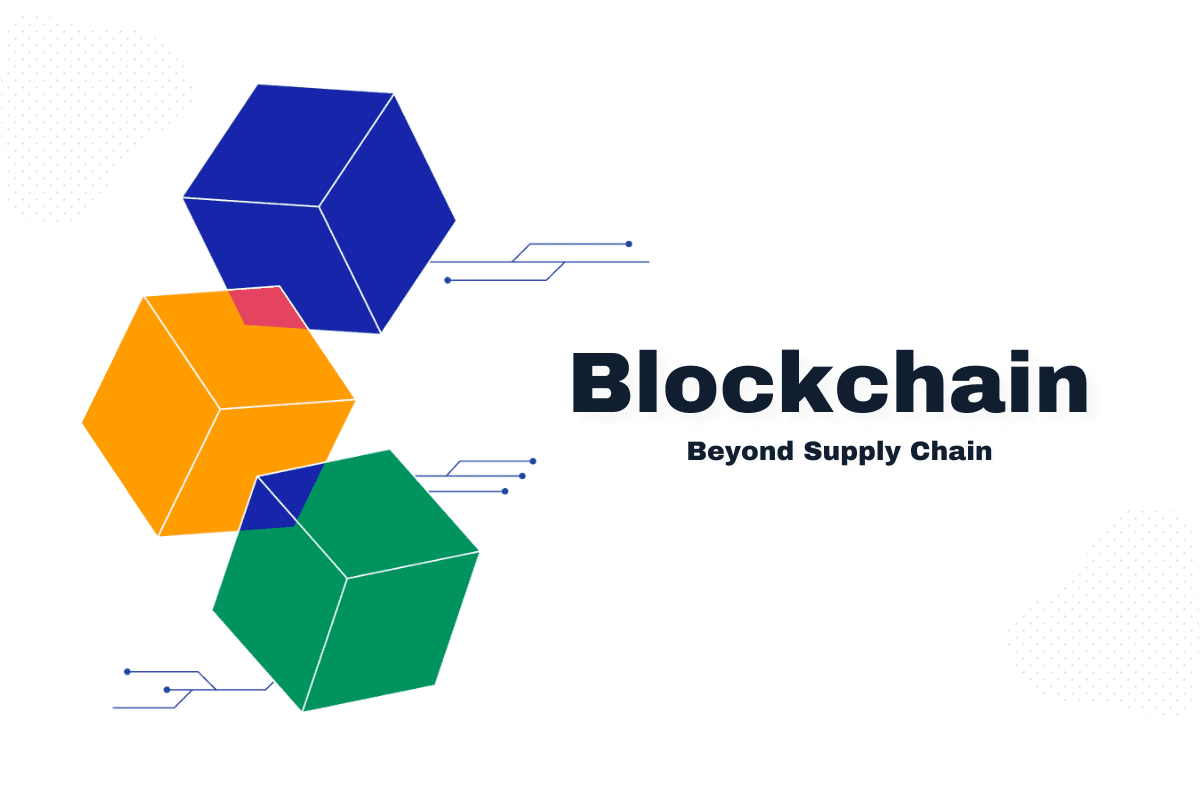The Future of Artificial Intelligence: How It Will Change the World
Artificial Intelligence (AI) is no longer a concept of the future; it is already here and rapidly transforming the world as we know it. AI is changing the way of style we work, live, and interact with each other. As technology advances, the potential for AI to improve our lives only grows.
In this blog, we will discuss the future of AI and how it will change the world.
I. AI in the Workplace
A. Increased Efficiency
B. Job Displacement
C. New Opportunities
II. AI in Healthcare
A. Improved Diagnosis
B. Personalized Treatment Plans
C. Improved Patient Outcomes
III. AI in Transportation
A. Autonomous Vehicles
B. Improved Traffic Management
C. Safer Roads
IV. AI in Education
A. Personalized Learning
B. Increased Access
C. New Teaching Tools
V. AI in the Home
A. Smart Homes
B. Enhanced Security
C. Energy Efficiency
VI. AI in Entertainment
A. Personalized Content
B. Enhanced Gaming
C. Immersive Experiences
Also, read Hardware Wallet.
I. AI in the Workplace: Future
A. Increased Efficiency
One of the most significant ways AI changes the workplace is by increasing efficiency. AI can automate routine tasks, allowing employees to focus on more creative and complex work. AI-powered tools can help businesses streamline processes, reduce errors, and increase productivity.
B. Job Displacement
While AI can improve efficiency, it can also displace jobs. AI can replace human workers in specific roles as it becomes more capable. This can increase job loss and unemployment. Businesses must find ways to retrain and redeploy workers in new positions.
C. New Opportunities
On the other hand, AI can create new job opportunities. AI requires skilled workers to develop, implement, and manage the technology. Businesses that invest in AI can create new roles that require advanced technical skills, such as data scientists, AI engineers, and machine learning experts.
II. AI in Healthcare:
A. Improved Diagnosis
AI has the potential to reorganise healthcare by improving the accuracy and speed of diagnosis. AI algorithms can analyse patient data, including medical histories and test results, to identify patterns and make predictions. This can lead to earlier diagnosis and more effective treatment.
B. Personalized Treatment Plans
AI can also help personalise treatment plans for individual patients. By analysing patient data, AI can identify the most effective treatments for specific conditions, considering age, gender, and medical history.
C. Improved Patient Outcomes
AI can improve patient outcomes by enabling earlier diagnosis, more personalised treatment, and better disease management.
III. AI in Transportation:
A. Autonomous Vehicles
Autonomous vehicles are one of the most well-known examples of AI in transportation. Self-driving cars can reduce accidents caused by human error, improve traffic flow, and reduce emissions. As AI technology advances, autonomous vehicles may become the norm, leading to safer, more efficient transportation.
B. Improved Traffic Management
AI can also improve traffic management by analysing data from sensors and cameras to optimise traffic flow. AI-powered traffic management systems can help decrease congestion, shorten travel times, and improve road safety.
C. Safer Roads
By reducing accidents caused by human error, AI can make roads safer for all users, including pedestrians and cyclists. This can lead to fewer injuries and fatalities, making transportation a safer and more enjoyable experience.
IV. AI in Education:
A. Personalized Learning
AI can help personalise learning for individual students by analysing their strengths, weaknesses, and learning styles. This can enable teachers to provide more targeted instruction and support, leading to better learning outcomes.




